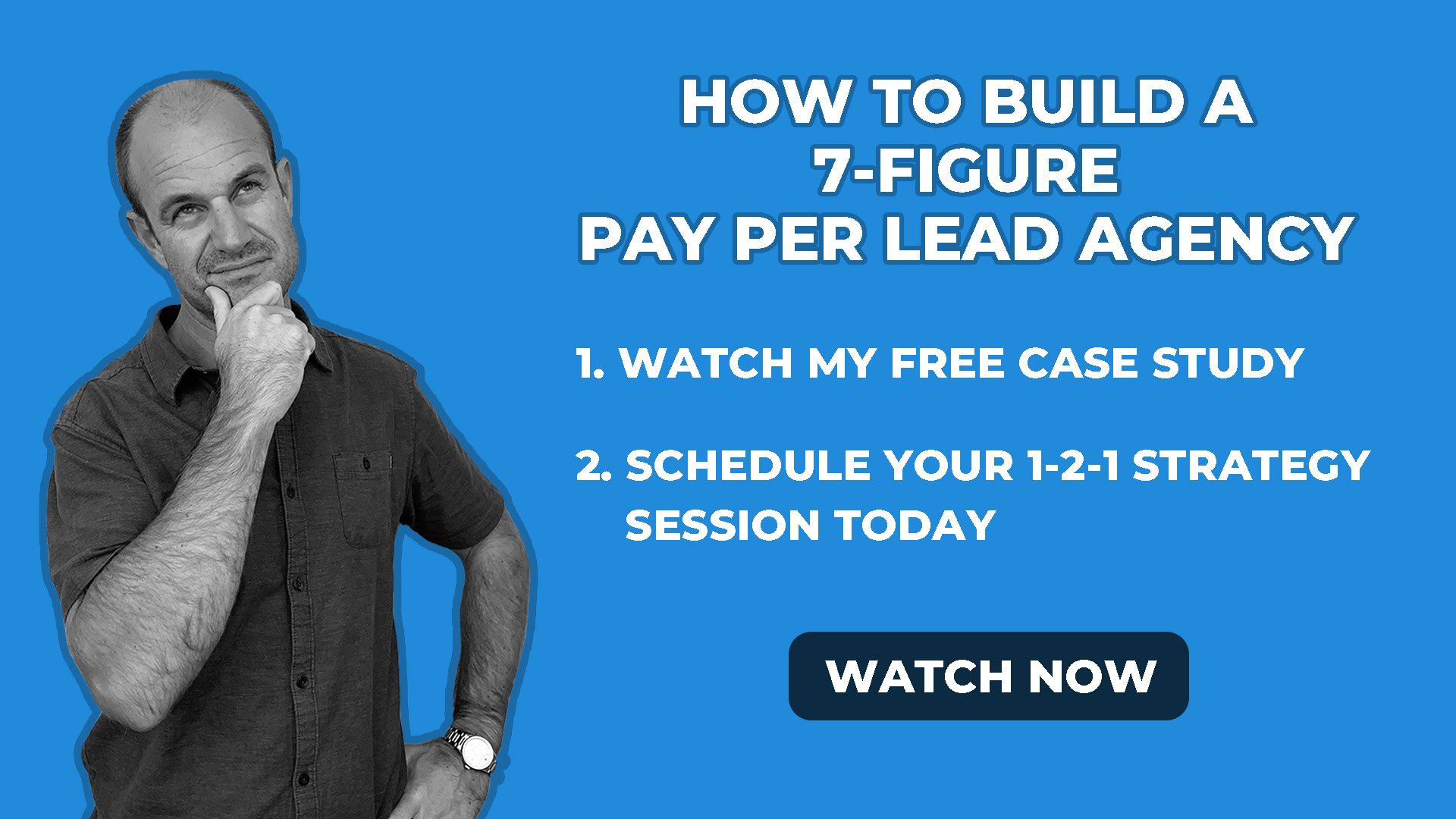Being rejected over and over again can be a massive blow to your self-confidence.
I mean, come on… we’re only human.
We can wake up every morning and think “today is going to be my day”, but when the world seems to be an endless stream of “no”, it gets hard not to take things personally.
Here’s my first bit of advice: taking things personally isn’t going to make you the sales pro you need to be.
I know, it’s not what you want to hear. If Big Pharma managed to make a potion that increased confidence artificially, it would triple in price by the end of the day.
Unfortunately, self-confidence when selling has to come from within you. Sounds corny, but if you believe in your skills, talents, and what you can put on the table, then that belief will transfer over to your prospects.
But where do you get self-confidence from if it doesn’t come to you naturally?
In this post, I’ll share with you my top tips on how to become self-confident when selling your leads. Self-doubt and insecurity have no place here!
Top Tip #1: Overpromising Will Kick-Start Your Self-Confidence
Now, you didn’t expect to hear that, did you?
A popular business truism reads like this: “underpromise and overdeliver”. That way, you’ll always please your client, right? They’ll be so impressed by how you’ve gone “above and beyond”, they’ll continue to buy leads off you every week.
Sound logic, but “underpromise and overdeliver” is terrible advice.
See, the thing is… people don’t care if you overdeliver.
Here’s a quick example:
Underpromising and Overdelivering
Say you’d agreed to meet your friend at the local coffee shop at a specific time. If your friend turns up half an hour late, chances are you’re not very happy, right? But if your friend arrives fifteen minutes early and has bought you a coffee, you’re unlikely to feel more satisfied than if they’d just arrived on time.
Let’s apply this example to a work environment. According to a study published in Social Psychology and Personality Science, if you’re underpromising and overdelivering, you’re probably wasting your efforts.
Ayelet Gneezy and Nicholas Epley, the minds behind the Underpromise/Overdeliver study, paired up some participants, making one the promise-maker and one the promise-receiver. The promise-receiver’s task was to complete 40 puzzles, with payment for each puzzle solved. The promise-maker said they’d help their partner solve 10 puzzles.
Gneezy and Epley instructed the promise-makers to solve either the 10 puzzles promised, or only 5, or 15. For those who solved 15 puzzles, the level of gratitude from their partner was no more than for those who solved 10.
Epley expressed his surprise at the results:
“I was surprised that exceeding a promise produced so little meaningful increase in gratitude or appreciation. I had anticipated a modest positive effect. What we found was almost no gain from exceeding a promise whatsoever.” (eurekalert.org).
It turns out that people take their contracts, verbal and written, very seriously. As long as that promise isn’t broken, overdelivering is going to have no additional happiness aimed towards the promise-maker.
Overpromising and Keeping That Promise
So, we can take from Gneezy and Epley’s study that underpromising and overdelivering isn’t going to make the client trust you or your service any more than if you’d kept to what you’d promised.
If you have been underpromising and overdelivering that, in turn, must have a considerable impact on your self-confidence when selling. No one wants to feel like they’re being “taken for granted”, so pouring in the extra hours for little reward must feel demoralising.
The key to selling with self-confidence is then:
- Keeping your promises
- Overpromising
On the web, there are tonnes of articles warning you not to overpromise. The reasons are fair – the authors want to discourage you from making promises you can’t keep.
However, with a new client, the only person who knows they’re overpromising is YOU.
Say you’ve been in the game for a little while. You know for a fact that you can get the client 100 leads a week. It’s a pretty standard order, and any PPL agency worth their salt can keep this promise.
However, say you want to push yourself and see what you can do. Instead of promising the usual 100 leads, you offer 125 or 130.
The client accepts, and now you need to push yourself to a higher level. Those extra 25 to 30 leads are the difference between an impressed client and a broken “contract”.
A little bit of extra pressure is an excellent motivator. Pushing yourself encourages you to learn new things – fast. Whereas staying conservative with your offer requires no development, no new skills, and keeps you in a rut.
Imagine if you hit those 25 to 30 extra leads you promised the client. You’re going to feel on top of the world! Your new-found confidence will help drive you through a bigger, better journey than before – always scaling, setting yourself goals and reaching new heights.
In time, you’ll be able to generate 150, 200 even 250 leads per week for your client. Overpromising is the quickest way to earn self-confidence when selling leads and learn better skills.
But don’t overpromise too much. If you’re comfortably generating 100 leads a week and promise 200, you may be getting ahead of yourself. So, overpromise – but make it realistic.
Top Tip #2: It’s Not What You Say But The Way You Say It
When I landed my first PPL client, I wasn’t 100% sure what I was talking about.
I look back now and scratch my head. How did I manage to get those clients? How did I manage to convince them I was the best man for the job?
In comparison to now, the quality of my service wasn’t great. I didn’t know how to put lead validation on my forms, so I must have been getting quite a few fake numbers in. Segmenting my leads was alien territory. I didn’t have a clue about how to do API integrations, and I delivered all my leads via email.
How did I get big corporations to agree to that?
The truth is, while I wasn’t yet a lead gen master, these big companies knew even less than I did. They didn’t know how to generate leads! Otherwise, they wouldn’t be outsourcing their needs to PPC guys like me.
And even if the standard wasn’t as high as it is now, I could generate leads. I had a blind faith within me that I could give incredible value to the client, and that shone through. Because I delivered my pitch confidently, potential clients assumed I knew exactly what I was doing, and I wasn’t just another hack.
See, our brains are wired for consistency. On paper, my pitch looked thin at best. But I delivered it with such enthusiasm and self-confidence, the potential client made the pitch match my energy level.
So, you could have the greatest pitch in the world BUT, if you sound uncertain when you deliver it, the client will match that uncertainty to the pitch. It’s just the way it works.
Top Tip #3: Learning As You Go Will Increase Self-Confidence
Have you ever had a big assignment that you just kept pushing back and pushing back?
The deadline looms ever closer, but all you can think is: “I need to read one more book. I need to make a few more notes. Then I’ll start.”
If you’ve done this before, it’s not your fault. When set with a task, and under pressure, people like to strive towards perfection. And with perfection comes that nagging little voice called “doubt”.
The thing is, people like to get things perfect the first time. This is neither a healthy nor achievable way to think, but it’s ultimately about time-saving – or they convince themselves it is.
I.e. if you put the time in now, you won’t waste more time correcting any mistakes. Couple that with the inherent need to please your client, plus a little bit (or a lot) of procrastination, and all you’re doing is standing in your own way.
Let me make one thing very clear: no matter how much research you do, or how much you learn, there’s never an optimal time to be “ready”.
In fact, the more you try to learn, the less “ready” you’ll feel.
The best way to learn self-confidence when selling is by actually doing it. Promise a client a medium-to-large delivery of leads. If you don’t succeed in the early stages, write it off as a “learning curve” and try again. Then try again. And again and again.
Because, when it comes down to it, self-confidence when selling requires success and failure in equal measures. You need success to make you feel like you’re jumping over hurdles and winning the game.
But confidence also requires some massive failures. It’s in failure that we truly learn about ourselves; how we handle certain situations, how much we can deal with, how easily we spring back up.
With overcoming our failures, success tastes that much sweeter. And the sweeter the victory, the more self-confident at selling you’ll become.
Those people who say “just one more book”? They’re not failing in life. But they’re not succeeding, either. All they’re doing is standing still and hoping a “golden ticket” will make its way to them.
Conclusion
Self-confidence when selling isn’t something that just appears one day. To find it in yourself, you have to work on it, nurture it, and actively find ways to increase it. Learn as you go and set goals for yourself. There should be a feeling, deep inside your core, that you can give a unique value to your client.
And, one day, you’ll realise that the client needs you and your skills more than you need the client. When you reach that point, your self-confidence will be at its peak – take it from me.








